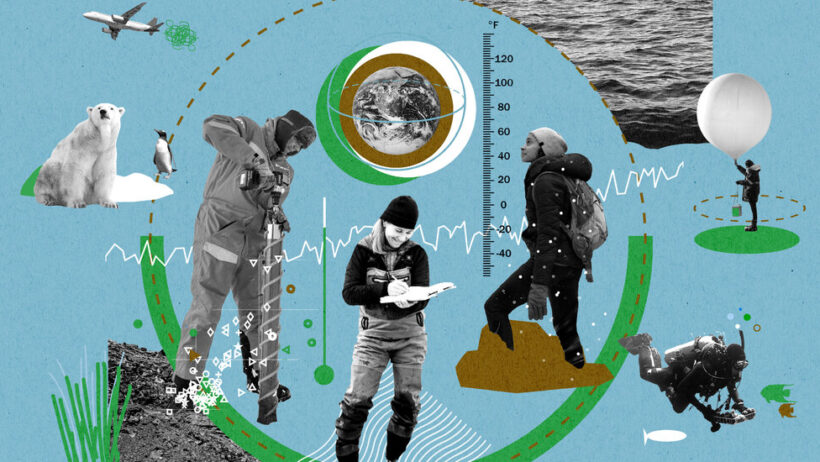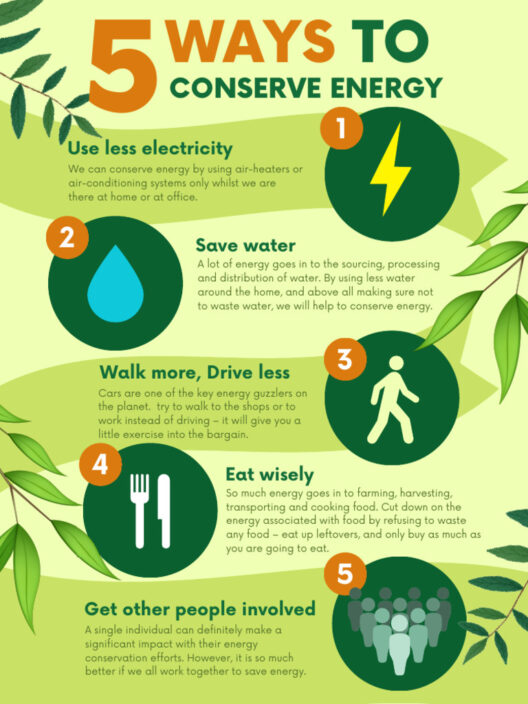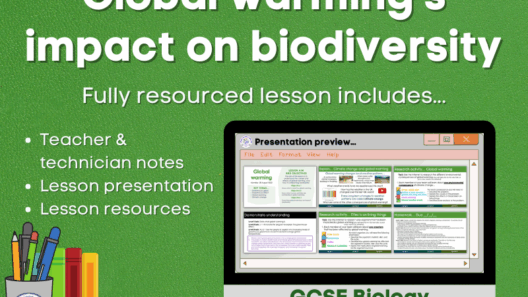Becoming a climate hero is no longer an esoteric notion reserved for scientists and policymakers; it is a vital mantle that each individual can don in an age grappling with unprecedented environmental challenges. The clarion call for action reverberates through our communities, urging every one of us to partake in the salient pursuit of reversing global warming. This endeavor creates an opportunity to redefine our roles as custodians of the Earth. Through conscious choices and collective action, individuals can cultivate a burgeoning movement toward sustainability.
Understanding the mechanics of climate change is the foundational step for any climate hero. The anthropogenic factors driving this phenomenon include the burning of fossil fuels, deforestation, and unsustainable agricultural practices. The resultant accumulation of greenhouse gases, chiefly carbon dioxide, entrenches a perilous feedback loop that exacerbates global warming. To combat this, one must appreciate the imperative of reducing one’s carbon footprint. This journey begins with small, conscious decisions such as opting for public transportation, cycling, or carpooling, which collectively diminish reliance on fossil fuel consumption.
In the domestic sphere, energy efficiency emerges as a significant arena for climate heroes. Transitioning from incandescent bulbs to LED lights, utilizing ENERGY STAR-rated appliances, and insulating homes can dramatically lessen energy consumption. Moreover, adopting renewable energy sources like solar and wind power is increasingly feasible; this transition is not just an ecological necessity but also a burgeoning economic opportunity. By supporting policies and incentives for renewable energy installations, individuals can catalyze transformations within their jurisdictions.
But the quest for sustainability transcends mere energy efficiency. It mandates a robust and intentional engagement with food systems. The food we consume is intricately linked to climate change, as agricultural practices are a major source of carbon emissions, particularly through methane release from livestock and nitrous oxide from fertilizers. Thus, adopting a plant-based diet or significantly reducing meat consumption can offer powerful ripples in the broader environmental pond. Moreover, opting for local and seasonal produce reduces the carbon emissions associated with transportation and storage, while fostering local economies.
Creating a sustainable lifestyle also encompasses the realm of waste management. The pervasive culture of disposability has led to alarming challenges, with landfills overflowing and oceans inundated with plastic. Climate heroes can advocate for a circular economy, where waste material is repurposed, recycled, or composted. This is not a mere logistical challenge but a philosophical shift—every item must be scrutinized for its utility and impact before it is discarded. Engaging in community cleanup initiatives, supporting zero-waste stores, and championing responsible consumption habits further entrench a commitment to sustainability.
Education is a formidable tool in this crusade against climate change. By fostering awareness and understanding within communities, individuals can inspire others to take action and become informed advocates for the environment. Initiatives can range from organizing workshops that elucidate the intricacies of climate science to arranging discussions on governmental policies impacting the environment. Engaging with schools to integrate sustainability into curricula stirs the innovative and eco-conscious minds of future generations, perpetuating the cycle of awareness and activism.
Beyond individual actions, the collective voice holds immense power. Mobilizing communities to advocate for climate-friendly policies is imperative. Individuals should involve themselves in local governance, insisting that environmental sustainability be a paramount agenda. Supporting political candidates and initiatives that prioritize ecological stewardship catalyzes transformative systemic change. Participating in protests, campaigns, and petitions amplifies the demand for urgent action, compelling policymakers to prioritize climate action. Remember, a single voice can spark a revolution when united with others.
Engaging in dialogues about climate change and sharing personal narratives can stimulate curiosity and build empathy. Social media platforms provide vibrant channels to transcend geographical boundaries, connecting climate heroes from disparate walks of life. Utilizing these digital landscapes to disseminate information, share success stories, and amplify calls to action can galvanize a wave of activism. These platforms can serve as virtual agorae—a place where ideas flourish and the importance of sustainability is championed.
Moreover, the global nature of climate change underscores the importance of supporting international efforts aimed at combating this pressing issue. Aligning with organizations that prioritize ecological conservation and restoration amplifies individual efforts. Whether through financial contributions or volunteer work with organizations tackling deforestation, biodiversity loss, or ocean preservation, individuals can contribute to larger-scale initiatives. This interconnectedness fosters a global consciousness centered around stewardship, nurturing the understanding that our actions—no matter how localized—have far-reaching implications.
In conclusion, the journey to becoming a climate hero is both an individual and collective endeavor that hinges upon a shift in perspective. Each conscious decision, from energy usage to dietary choices, reflects a commitment to curbing the adverse impacts of climate change. Education, advocacy, and community engagement coalesce into a formidable force against global warming. With every small action, the narrative shifts from despair to hope, showcasing the potency of individual agency in the face of a planetary crisis. Indeed, this is a clarion call not merely to save the environment but to redefine humanity’s relationship with the planet, ensuring a healthy and resilient Earth for generations to come.







